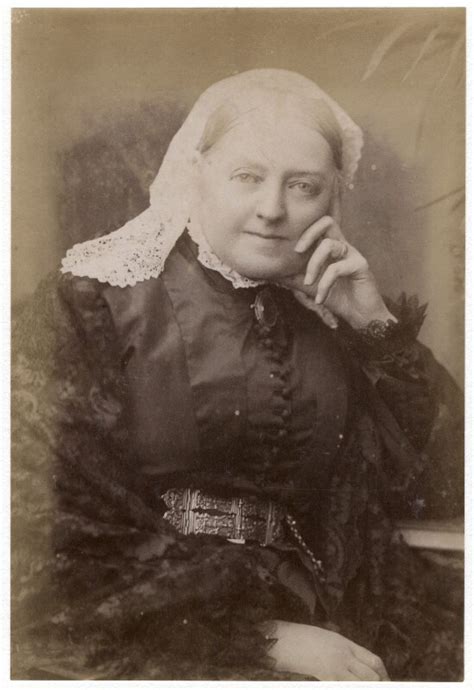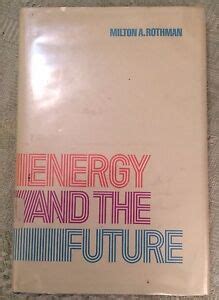A Quote by Thomas de Quincey
The mere understanding, however useful and indispensable, is the meanest faculty in the human mind and the most to be distrusted.
Quote Topics
Related Quotes
The type of mind of Whitman's, which seldom or never emerges as a mere mentality, an independent thinking and knowing faculty, but always as a personality, always as a complete human entity, never can expound itself, because its operations are synthetic and not analytic; its mainspring is love and not mere knowledge.
Science, is the creation by humans of a particular paradigm and methodology for discovering truth and understanding reality. Hence it can never fully reflect the hidden face of humanity, its creator, in the same sense that a computer can never become fully human or know what it means to be human: however sophisticated, these machines will forever remain mere artifacts of humanity.
Attention is riveted on what is tangible, useful, instantly available; the stimulus for deeper thought and reflection may be lacking. Yet human beings have a vital need for time and inner quiet to ponder and examine life and its mysteries... Understanding and wisdom are the fruit of a contemplative eye upon the world, and do not come from a mere accumulation of facts, no matter how interesting.
He spoke of human solitude, about the intrinsic loneliness of a sophisticated mind, one that is capable of reason and poetry but which grasps at straws when it comes to understanding another, a mind aware of the impossibility of absolute understanding. The difficulty of having a mind that understands that it will always be misunderstood.
Human life is so full of pain, that once past the youthful delusion that a sad countenance is interesting, and an incurable woe the most delightful thing possible, the mind instinctively turns where it can get rest, and cheer and sunshine. And the friend who can bring to it the largest portion of these is, of a natural necessity, the most useful, the most welcome, and the most dear.
Criticism is necessary and useful; it is often indispensable; but it can never take the place of action, or be even a poor substitute for it. The function of the mere critic is of very subordinate usefulness. It is the doer of deeds who actually counts in the battle for life, and not the man who looks on and says how the fight ought to be fought, without himself sharing the stress and the danger.
Must love be ever treated with profaneness as a mere illusion? or with coarseness as a mere impulse? or with fear as a mere disease? or with shame as a mere weakness? or with levity as a mere accident? whereas it is a great mystery and a great necessity, lying at the foundation of human existence, morality, and happiness,--mysterious, universal, inevitable as death.
To most humans, a universe consisting of particles banging about and doing what they have to do seems cold, barren, and without meaning. Meaning, however, is not something that floats in space, permeating the universe like a nebulous, mystical cloud. ... Meaning arises out of the working of the human mind, and therefore exists only in the human mind. The meaning of existence is whatever you want to make of it.



































